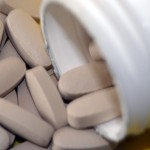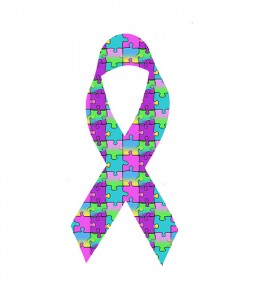Autistic children who have difficulty interacting with peers have been finding comfort in a radical new therapy: hippotherapy, also referred to as equine (horse) therapy.
Children who have been diagnosed with autism, including Asperger’s Syndrome, are developmentally delayed in many areas, including communication and social interaction.
Support for Parents of Autistic Children
Symptoms of autism include:
- difficulty communicating, both verbally and nonverbally
- low attention span
- obsessive compulsive behavior, such as fixations on certain objects, repeating words or phrases, body rocking and hand flapping
- difficulty being in a group or social gathering
- avoidance of eye contact
- difficulty bathing, grooming, feeding and dressing oneself
What is horse therapy?
Equine therapy and therapeutic riding involve many different types of interactions with a horse or pony under supervision.
- patients are taught to observe the rhythmic motion of the horse’s gait, which is similar to our own
- students are taught various sitting positions for horse riding, including sitting upright, laying forward or backward, leaning sideways, riding while standing up in stirrups and riding without holding onto the reins.
- horse therapy is used by speech-language therapists, occupation therapists and physical therapists to work with autistic children and with teenagers who also have developmental or psychological difficulties
Autism, B12 and Your Child
The philosophy behind horse therapy
Most horse riding camps and equestrian areas offer equine therapy for children who are autistic or otherwise developmentally disabled. Therapists have found that interaction with horses releases a hormone called oxytocin; quite literally, there’s something about the smooth rocking motion of riding on a horse that relieves anxiety.
Autistic children who refuse to look a peer or social worker in the eyes have no qualms about staring a horse in the face while gently petting its bristly mane. For some, communication with horses becomes their first attempt at forming words or phrases.
What are the benefits of horse therapy?
Riding a horse is a multi-sensory experience which has many positive impacts on an autistic child’s physical and emotional development. Some benefits of horse therapy include:
- relaxing the muscles
- improved balance
- increased muscle strength
- improved hand/eye coordination
- increased sense of body awareness
- gives self confidence and control
- builds communication and socialization skills
- improves attention span
- teaches patience
- increased fine motor skills coordination
- builds sensory integration
Want to help an autistic child get horse therapy? The Horse Boy Foundation raises funds to send low income families with autistic children to therapeutic riding centers.
Also read:
Celebrities for Autism Awareness Month
10 Great iPad Apps for Autistic Children
Sources:














